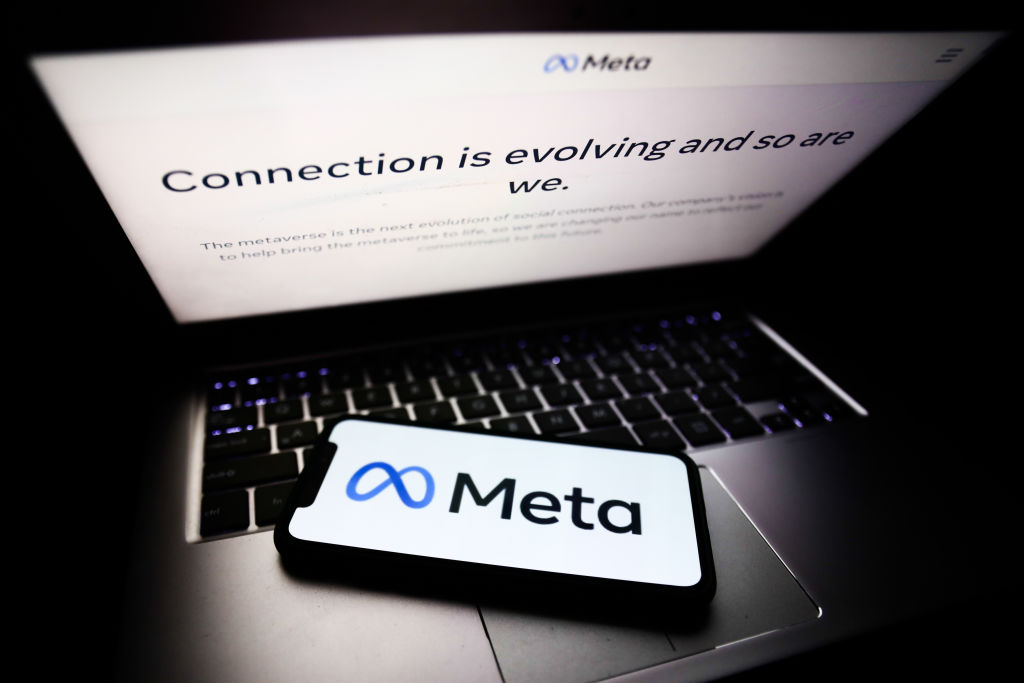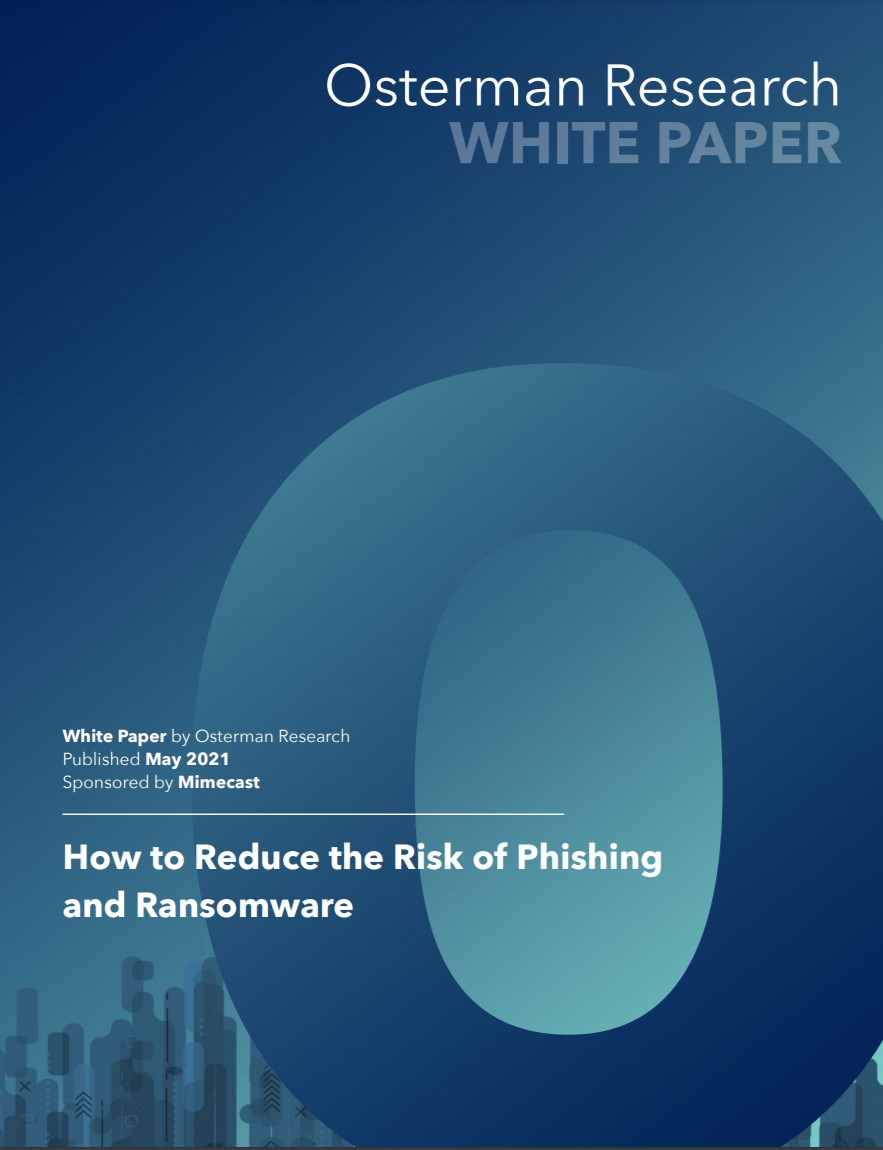Meta expands bug bounty programme to cover data scraping
The move comes two years after a massive scraping incident on Facebook that resulted in data leaking online


Meta has expanded its bug bounty programme to include flaws that lead to data scraping in a move it's describing as an industry-first.
The programme will now cover database scraping and also offer rewards for researchers who can simply show novel methods of scraping on its products - the latter of which is a first-of-its-kind programme, according to the newly rebranded parent company of Facebook.
It will begin as a private programme only available to Meta's Gold+ HackerPlus security researchers - a title for researchers who have reported at least five valid bugs to the company - and will offer rewards to those who show how data scraping can be achieved, regardless of the degree of impact on the product.
Researchers can submit methods even if the data is public and Meta said it's particularly looking for reports regarding logic bypass issues - flaws that permit access to data via unintended mechanisms.
Data scraping can be achieved using specially crafted scripts, often using the Python programming language, which are designed to lift the data from any given web page. These scripts can be designed to grab specific information, depending on the target and the purpose of the activity.
RELATED RESOURCE

How to reduce the risk of phishing and ransomware
Top security concerns and tips for mitigation
"We know that automated activity designed to scrape people’s public and private data targets every website or service," said Meta in an announcement.
"We also know that it is a highly adversarial space where scrapers - be it malicious apps, websites or scripts - constantly adapt their tactics to evade detection in response to the defences we build and improve. As part of our larger security strategy to make scraping harder and more costly for the attackers, today we are beginning to reward valid reports of scraping bugs in our platform."
Sign up today and you will receive a free copy of our Future Focus 2025 report - the leading guidance on AI, cybersecurity and other IT challenges as per 700+ senior executives
The move comes more than two years after the company formerly known as Facebook first identified an issue that allowed users to scrape data of 533 million of its users. The data was leaked online, in full, by a hacker earlier this year after they ran an underground business that saw people pay small sums to access and retrieve information such as users' phone numbers.
Meta has said it will also reward researchers who can demonstrate they can scrape datasets containing at least 100,000 Facebook user records, starting today.
To be eligible for a reward, the dataset must be unique and unknown to Meta, and contain personally identifiable information (PII) such as email addresses, phone numbers, physical addresses, or religious or political affiliations.
"If we confirm that user PII was scraped and is now available online on a non-Meta site, we will work to take appropriate measures, which may include working with the relevant entity to remove the dataset or seeking legal means to help ensure the issue is addressed," the company said.
The maximum reward for the programme is not disclosed by Meta, but it said each successful, eligible disclosure will be rewarded with the bare minimum of $500 (£376).
Database scraping is often confused with a data breach and it represents an interesting differentiation of the two terms, despite the outcome largely being the same - user data falling into the hands of those with whom the user did not explicitly share.
Unlike data breaches, which fall under the Computer Misuse Act, there is no specific law against data scraping in the UK. However, sites can take action against individuals if the data scraping results in an infringement of intellectual property or breaches the site's terms of service.

Connor Jones has been at the forefront of global cyber security news coverage for the past few years, breaking developments on major stories such as LockBit’s ransomware attack on Royal Mail International, and many others. He has also made sporadic appearances on the ITPro Podcast discussing topics from home desk setups all the way to hacking systems using prosthetic limbs. He has a master’s degree in Magazine Journalism from the University of Sheffield, and has previously written for the likes of Red Bull Esports and UNILAD tech during his career that started in 2015.
-
 Two Fortinet vulnerabilities are being exploited in the wild – patch now
Two Fortinet vulnerabilities are being exploited in the wild – patch nowNews Arctic Wolf and Rapid7 said security teams should act immediately to mitigate the Fortinet vulnerabilities
-
 Everything you need to know about Google and Apple’s emergency zero-day patches
Everything you need to know about Google and Apple’s emergency zero-day patchesNews A serious zero-day bug was spotted in Chrome systems that impacts Apple users too, forcing both companies to issue emergency patches
-
 The Microsoft bug bounty program just got a big update — and even applies to third-party code
The Microsoft bug bounty program just got a big update — and even applies to third-party codeNews Microsoft is expanding its bug bounty program to cover all of its products, even those that haven't previously been covered by a bounty before and even third-party code.
-
 Security experts claim the CVE Program isn’t up to scratch anymore — inaccurate scores and lengthy delays mean the system needs updated
Security experts claim the CVE Program isn’t up to scratch anymore — inaccurate scores and lengthy delays mean the system needs updatedNews CVE data is vital in combating emerging threats, yet inaccurate ratings and lengthy wait times are placing enterprises at risk
-
 IBM AIX users urged to patch immediately as researchers sound alarm on critical flaws
IBM AIX users urged to patch immediately as researchers sound alarm on critical flawsNews Network administrators should patch the four IBM AIX flaws as soon as possible
-
 Critical Dell Storage Manager flaws could let hackers access sensitive data – patch now
Critical Dell Storage Manager flaws could let hackers access sensitive data – patch nowNews A trio of flaws in Dell Storage Manager has prompted a customer alert
-
 Flaw in Lenovo’s customer service AI chatbot could let hackers run malicious code, breach networks
Flaw in Lenovo’s customer service AI chatbot could let hackers run malicious code, breach networksNews Hackers abusing the Lenovo flaw could inject malicious code with just a single prompt
-
 Industry welcomes the NCSC’s new Vulnerability Research Initiative – but does it go far enough?
Industry welcomes the NCSC’s new Vulnerability Research Initiative – but does it go far enough?News The cybersecurity agency will work with external researchers to uncover potential security holes in hardware and software

